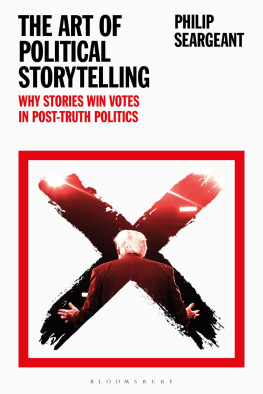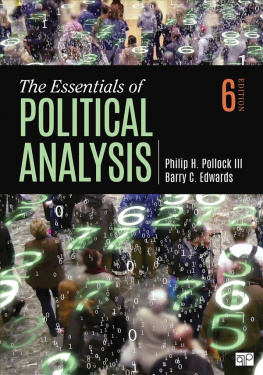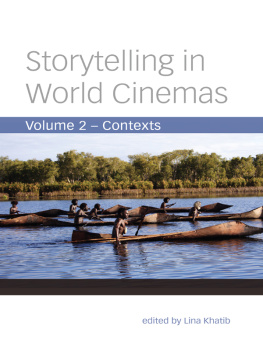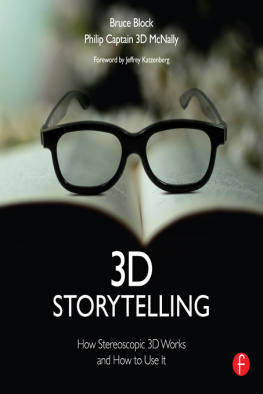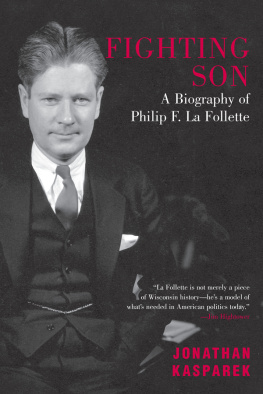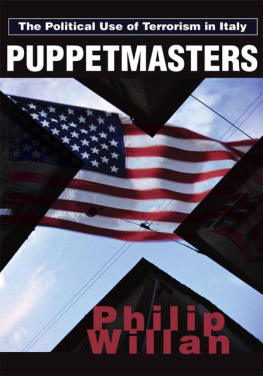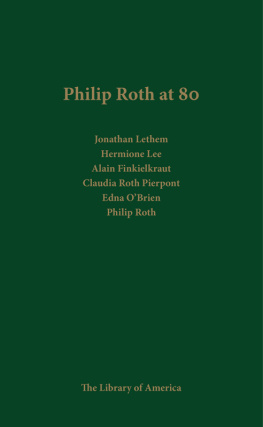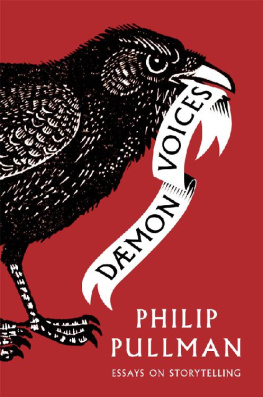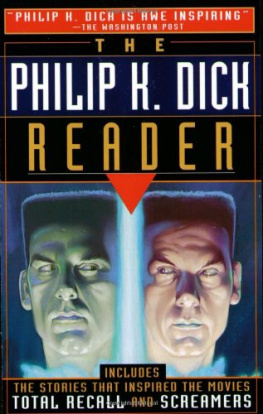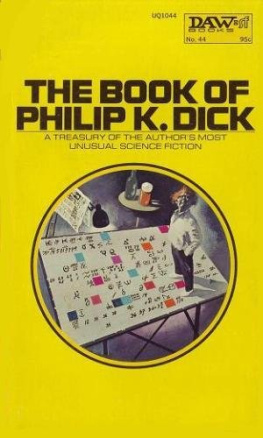Seargeant Philip - The Art of Political Storytelling
Here you can read online Seargeant Philip - The Art of Political Storytelling full text of the book (entire story) in english for free. Download pdf and epub, get meaning, cover and reviews about this ebook. publisher: Bloomsbury Publishing Plc, genre: Politics. Description of the work, (preface) as well as reviews are available. Best literature library LitArk.com created for fans of good reading and offers a wide selection of genres:
Romance novel
Science fiction
Adventure
Detective
Science
History
Home and family
Prose
Art
Politics
Computer
Non-fiction
Religion
Business
Children
Humor
Choose a favorite category and find really read worthwhile books. Enjoy immersion in the world of imagination, feel the emotions of the characters or learn something new for yourself, make an fascinating discovery.
- Book:The Art of Political Storytelling
- Author:
- Publisher:Bloomsbury Publishing Plc
- Genre:
- Rating:4 / 5
- Favourites:Add to favourites
- Your mark:
- 80
- 1
- 2
- 3
- 4
- 5
The Art of Political Storytelling: summary, description and annotation
We offer to read an annotation, description, summary or preface (depends on what the author of the book "The Art of Political Storytelling" wrote himself). If you haven't found the necessary information about the book — write in the comments, we will try to find it.
The Art of Political Storytelling — read online for free the complete book (whole text) full work
Below is the text of the book, divided by pages. System saving the place of the last page read, allows you to conveniently read the book "The Art of Political Storytelling" online for free, without having to search again every time where you left off. Put a bookmark, and you can go to the page where you finished reading at any time.
Font size:
Interval:
Bookmark:

Endorsements for
The Art of Political Storytelling
Philip Seargeants utterly original and fascinating book provides a unique perspective on our current post-truth predicament. What to do when you realize that people are persuaded not by arguments but by stories? And what if some of those stories arent true? The importance of narrative in political discourse is brilliantly illuminated. Read it and lament, read it and understand, or read it to learn how to win an election!
LEE MCINTYRE, Author of Post-Truth and Research Fellow,
Center for Philosophy and History of Science,
Boston University, USA
Enlightening and entertaining, this book reveals how we have become actors in politicians stories and how we can take back control of our own destinies.
PETER POMERANTSEV, Senior Fellow, Institute of Global
Affairs, London School of Economics, UK and
Research Fellow, Johns Hopkins University, USA
In the current interregnum, this is an important and timely book significantly contributing to our understanding of how storytelling that has long been mastered by political leaders has led to the social orders we experience, embrace and reject. It offers valuable pathways for us to tell our own counter-stories.
CHRISTIAN W. CHUN, Associate Professor of Applied
Linguistics, University of Massachusetts Boston, USA
In this timely and cogent work, Philip Seargeant analyses how politicians construct their narratives and why voters prefer a good tale to verifiable facts. As conspiracy theories thrive and the very meaning of the word truth is called into question, this is an important book for our times.
STEVE BUCKLEDEE, Lecturer in English Language and
Linguistics, University of Cagliari, Italy
An engaging and timely account of the fundamental role of storytelling in all aspects of political life. Rich with examples, it gives us tools for understanding how stories are crafted and how they shape our world. Highly recommended for anyone wanting to understand the current political environment.
PIIA VARIS, Associate Professor, Tilburg University,
The Netherlands
Seargeant argues that one really cannot fully understand the recent political successes of the Brexit campaign and politicians such as Donald Trump, Jair Bolsonaro and Viktor Orbn, without taking into account how much their ongoing communication resembles the storytelling found in popular culture and in Hollywood films. In some ways, this is a frightening book, but it is one that should be read by anyone interested in how political communication is crafted today.
DAVID BLOCK, ICREA Professor in Sociolinguistics,
Pompeu Fabra University, Spain
The Art of Political Storytelling
Also available from Bloomsbury
More Wordcrime, John Olsson
Political English, Thomas Docherty
Political Metaphor Analysis , Andreas Musolff
The Language of Brexit, Steve Buckledee
The Political Samaritan , Nick Spencer
For Denisa,
who loves a long story
The Art of Political Storytelling
Why Stories Win Votes in Post-truth Politics
Philip Seargeant

Contents
Many thanks to Dan Berlinka, Selina Packard, Alexandra Georgakopoulou, Korina Giaxoglou, Guy Cook, Frank Monaghan and Mark Pack for various ideas, insights and suggestions that were of great help in the development and writing of the book. Much thanks also to Andrew Wardell and his colleagues at Bloomsbury, as well as my agent Sandra Sawicka, for all their help in supporting and guiding the book from initial idea through to finished product.
Earlier versions of a number of short sections from the book have previously been published in the following places: The worlds words of the year pass judgement on a dark, surreal 2016, The Conversation , 22 December 2016; Truthiness and alternative facts: Meaning is a moveable feast, The Conversation , 27 January 2017; Lies, damned lies, and executive orders: The power of words and the Trump presidency, Diggit Magazine , 17 February 2017; Is Donald Trump really giving a voice to the voiceless? The Huffington Post , 17 March 2017; The obscure rhetorical technique that explains everything you need to know about post-truth politics, The Huffington Post , 30 May 2018.
A hero of our time
This is the story of one mans mission to save the world from the forces of evil. To do battle against a corrupt and self-serving enemy bent on enslaving an innocent population. In order to achieve this, he has to venture deep into hostile territory, abandoning the comfortable existence he once had, and embark on a perilous, unforgiving journey. At each stage of this journey hes assailed by fierce and unscrupulous opponents. As he battles ever further into the heart of darkness, his allies, colleagues and even his friends begin to doubt his resolve. Some of them counsel him to abandon the mission. Others lose faith completely and end up siding with the enemy.
At his lowest ebb he faces a crisis which not only threatens the outcome of the quest but also puts his very existence in danger. Life itself is in the balance. But its at this moment of utmost crisis that hes able to realize his true potential. This is when he looks deep within himself and discovers his true identity. Through self-belief, force of character and complete conviction in his cause he faces down the enemy in one final conflict. In doing so, he achieves the unachievable and wins a famous victory. In the closing scene he returns triumphant, not only in what hes accomplished personally but also in having saved the world from a cataclysmic future.
This is a classic story archetype. You could slot an almost endless array of scenarios into its structure and come up with the plots to umpteen Hollywood movies. The hero at its centre usually male, but by no means exclusively could be pulled unwittingly into an intergalactic conflict and have to do battle with a despotic imperial army. They could be fighting corruption at city hall, or battling a faceless, heartless insurance company. They could be called upon to protect the inhabitants of a small Western town against a marauding posse or to apply their forensic psychology skills in the hunt for a serial killer. The same structure could provide the blueprint for political drama, telling the tale of an innocent outsider sent to Washington to confront the vested interests and rampant dishonesty of an immoral ruling elite.
Swap out the ending and you have the story of a tragic anti-hero. Its Macbeth bewitched by ambition, seeking the Scottish throne through duplicity and murder, and then desperately fighting to maintain control of his destiny. Its Michael Corleone from The Godfather , responding to the attempted assassination of his father, then reluctantly embracing the family legacy. Or occupying a morally more ambiguous middle ground its Walter White from Breaking Bad , naively stumbling into the world of organized crime as he tries to secure a stable economic future for his family, then having to learn to adapt in an environment which challenges his entire moral outlook on life.
But this structure doesnt only work as the foundation for innumerable fictional stories. Its also, almost precisely, the story of Donald Trumps candidacy for president. This same blueprint maps astoundingly well onto the narrative of Trumps run for office. The actual telling of the story whether its tragedy, heroic drama or farce would obviously depend on the tone you chose. Which in turn would depend on your attitude to the man and the values for which he stands. But the basic shape of the plot the motivation, the struggle, the climax is practically identical.
Font size:
Interval:
Bookmark:
Similar books «The Art of Political Storytelling»
Look at similar books to The Art of Political Storytelling. We have selected literature similar in name and meaning in the hope of providing readers with more options to find new, interesting, not yet read works.
Discussion, reviews of the book The Art of Political Storytelling and just readers' own opinions. Leave your comments, write what you think about the work, its meaning or the main characters. Specify what exactly you liked and what you didn't like, and why you think so.

